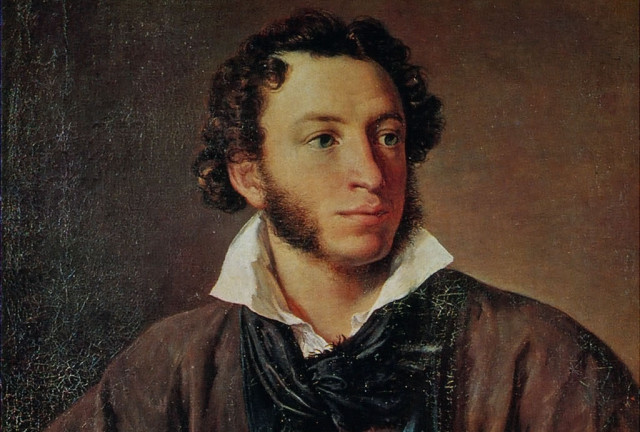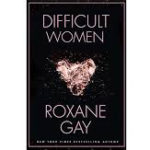
Not only was Alexander Pushkin the father of Russian literature, he was also a very naughty boy. In the early 1800s, he wrote plays, poetry, novels, essays and also incredibly dirty erotica. In fact, in 2005 some of his adult verses were seized in a crackdown on obscene materials near Moscow. And in 2014, a Russian law went into effect banning the use of swear words Pushkin used healthily throughout his work.
But rather than peddle what we would lovingly call his porn, today we’re going to focus on his most famous love poem, a chaste reflection on the love of beauty and the beauty of love. There have been several different guesses as to whom it was written for, the consensus being Anna Kern, a Russian socialite married to a general 31 years her senior whom she apparently detested. (Try not to let it ruin it for you that sometime after their affair, Pushkin called her the “Whore of Babylon.”) Below is a valiant attempt at a translation by John Dougherty — a task Nabokov derided as a fool’s errand.
To ***
I recall the wondrous chance:
There before me I saw you
Such a brief and a passing glance
Such beauty, brilliant and trueIn the clutches of hopeless despair
In the worries of life’s hurried storm
For long I heard a voice so fair
And dreamt of a lovely formYears passed. A rebellious tempest’s blare
Scattered all former dreams
And I forgot your voice so fair,
Your form born of heavenly schemesIn solitude, in gloomy desolation
Quietly my days dragged along
Without God and without inspiration
Without tears, without life, without loveTo my soul came an urge to dance:
And there again I saw you
Such a brief and a passing glance
Such beauty, brilliant and trueAnd my heart beat in adulation
And to it came the rebirth of
God, and divine inspiration
And life, and tears, and love
















